In English
10 de setembro de 2020
Scientists Find Plastic in 98% of Analysed Amazon Fish – Level 3
Article published in Joca 156
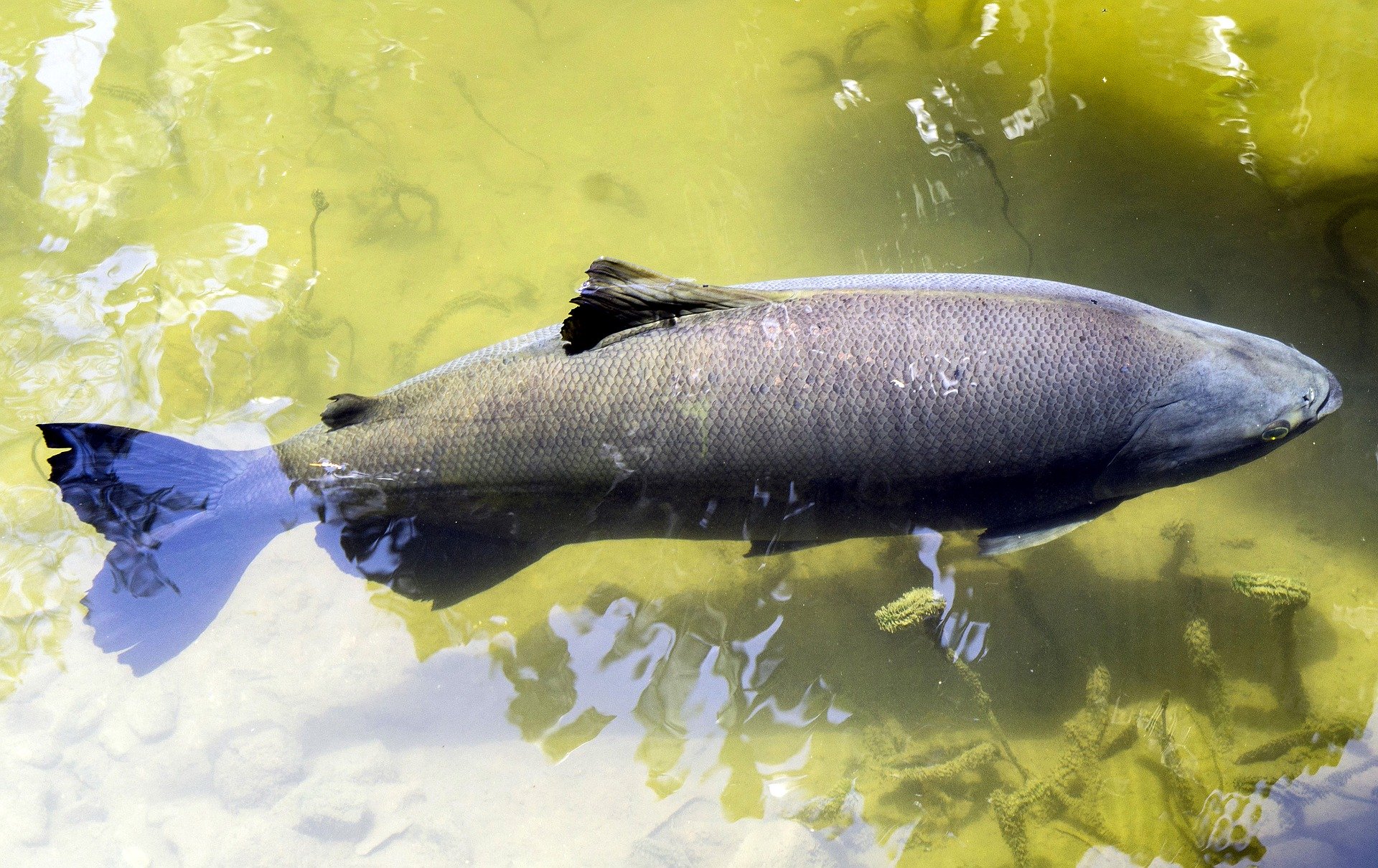
Researchers at the Federal University of Pará (UFPA) found plastic in 98% of the fish they collected in the Amazon. Overall, 383 plastic pieces were found in 67 of the 68 animals collected in springs and streams in Pará. In other words, on average there were six plastic fragments in each of the fish analysed by the scientists. Only one of the fish had no trace of the product. The study was published in July in the scientific journal Environmental Pollution.
Of all the plastic particles, 201 were found in the fish’s gastrointestinal tract (comprised of the mouth, stomach, intestines, and other organs that digest food) and 182 in the gills (through which aquatic animals breathe).
According to the researchers, when plastic is lodged in the digestive system, it can give fish the false sense of being sated and even cause injuries that can lead to death. When plastic is in the gills, it can decrease the ability of fish to feed and reproduce.
Other scientists have already investigated this kind of contamination in fish that live in rivers and oceans and are consumed by humans. However, it is the first time that plastic has been studied in small fish that inhabit river springs.
These fish, which only reach 10 centimetres in length when fully grown, are not usually consumed as food by humans, but because they eat insects, they have a key role in the balance of nature. Without this, there could be an increase in insect-transmitted diseases, such as dengue, which would harm humans.
The Path of Plastics
This material reaches springs with the rain, which drags untreated sewage and garbage onto the streets. To avoid contamination, experts recommend measures such as reducing the use of plastic items, recycling, and improving waste and sewage treatment systems.
Source: Environmental Pollution, G1, and SBT Altamira – TV Vale do Xingu.
Questions
1) Which information is true?
a) 10 cm fish are the most consumed by humans.
b) Only one of the fish analysed had plastic in its body.
c) 201 plastic pieces were found in the fish’s respiratory system.
d) Plastic can harm fish, which help control insects.
2) What do you do and what could you start doing to prevent river contamination?
Ixi! Você bateu no paywall!
Ainda não é assinante? Assine agora e tenha acesso ilimitado ao conteúdo do Joca.

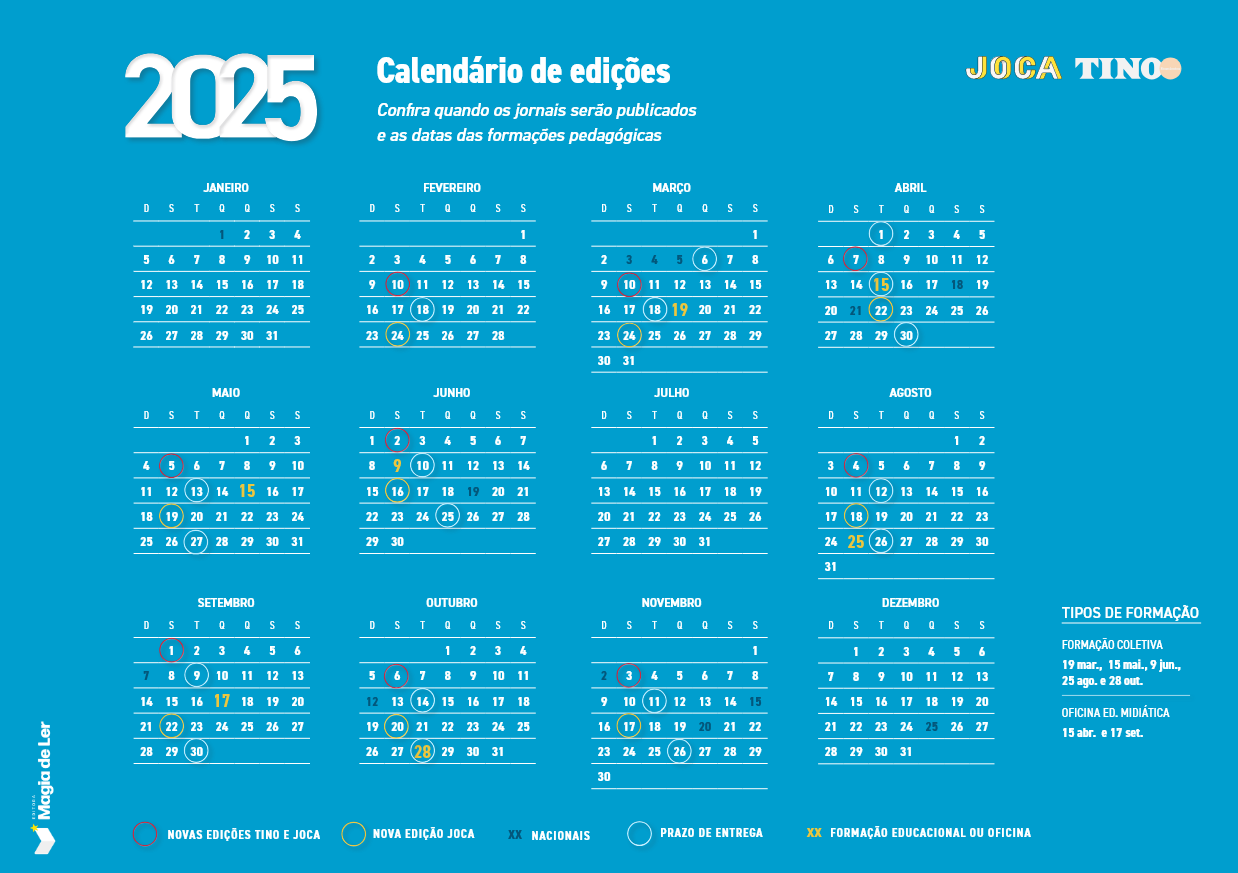




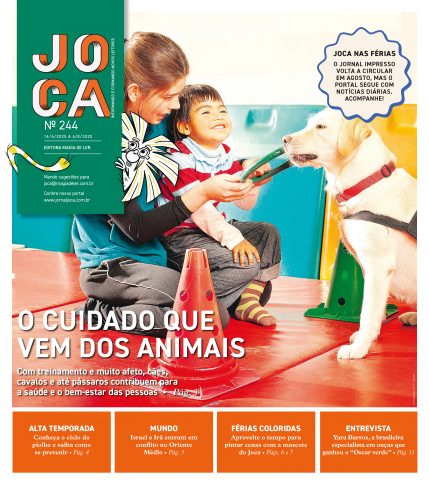

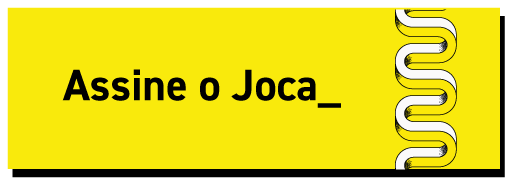
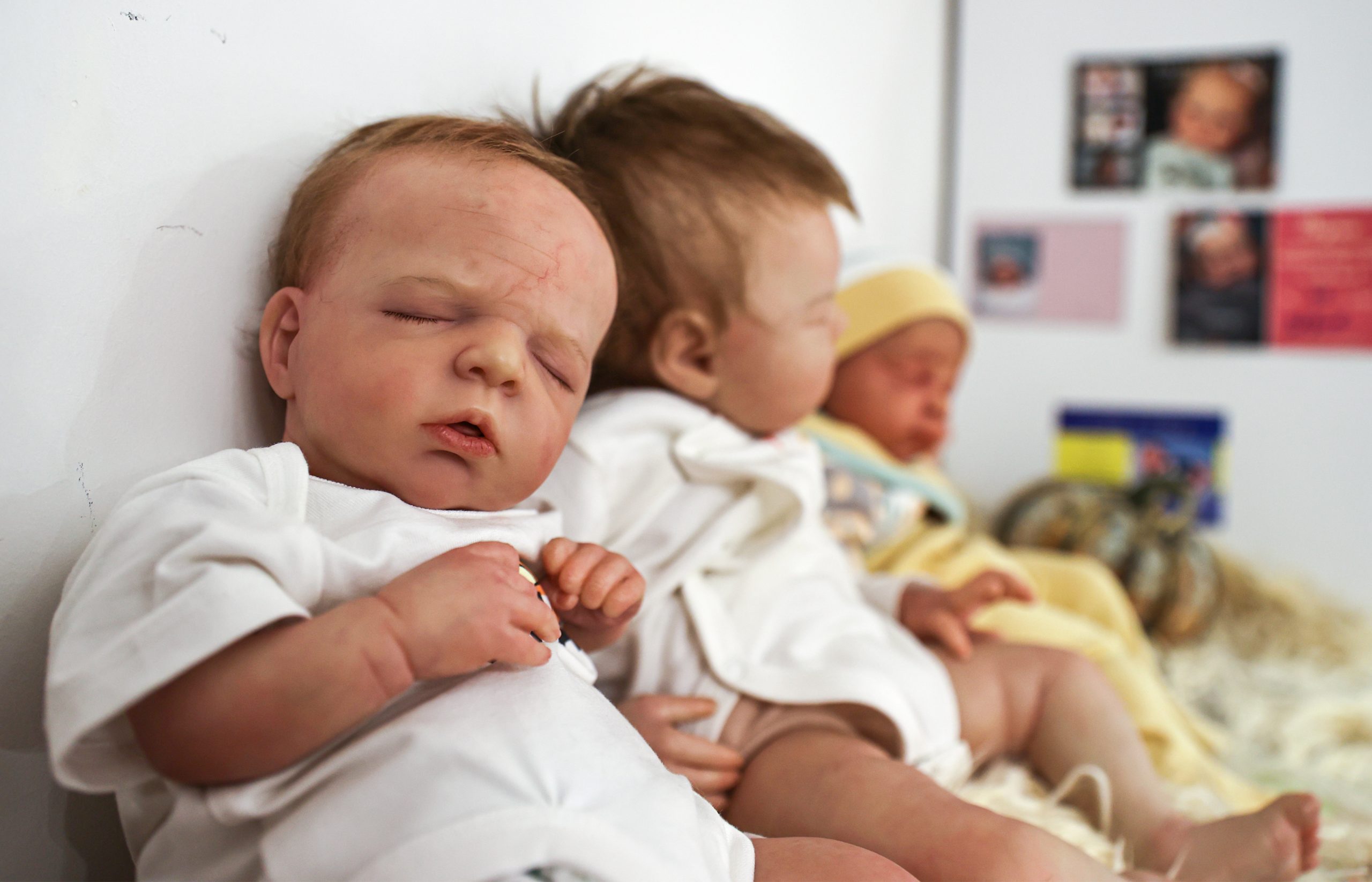
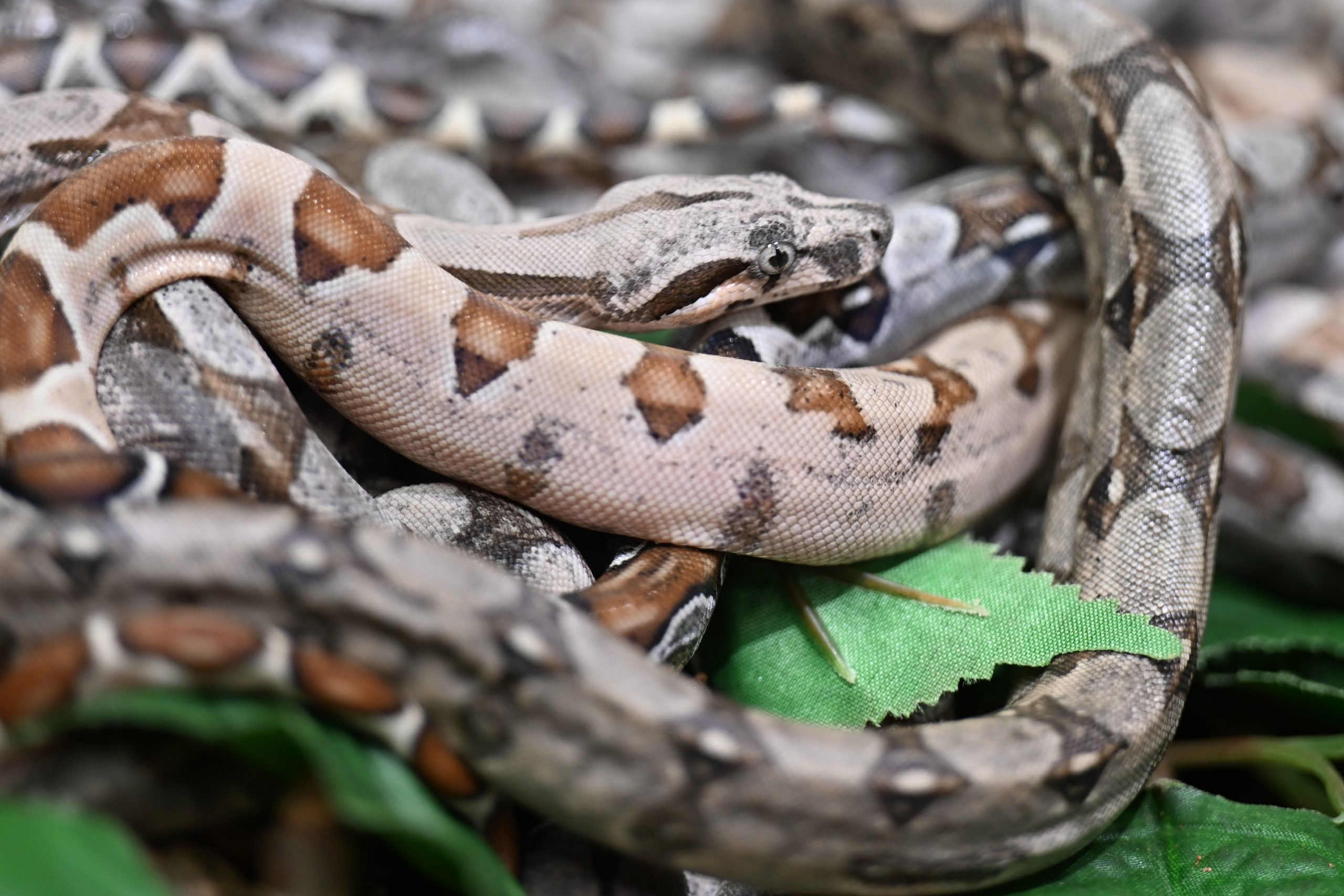

Você precisa fazer o login para publicar um comentário.